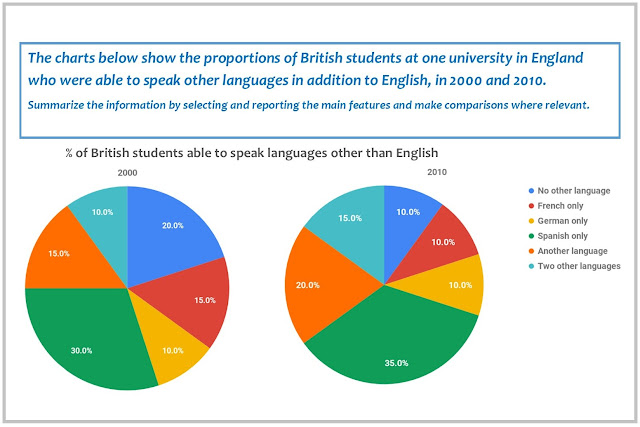Living in an English-speaking country and your English level
Why living in an English-speaking country doesn’t automatically improve your English level and how to make sure it does
First, I want to clarify a couple of things.- This post is about non-native speakers who go abroad for a longer period than an ordinary tourist trip, for example, to work or study.
- This post serves to bust the myth “Learning English in my home country isn’t effective anyway. As soon as I get to an English-speaking country, my English level will skyrocket in the blink of an eye.”
- This post is based on personal experience of living in the USA for a year, so I am going to use English and Russian but the ideas are probably true for other languages and countries too.
So why doesn’t it?
- You are overwhelmed by the sheer volume of language you are exposed to. When you arrive, you are instantaneously immersed in English. You speak English to your colleagues, bus drivers, cashiers, and bankers. You read pages of contracts and manuals. You come across massive amounts of new language and familiar language used in unfamiliar ways. And you aren’t able to absorb all of it fast just because it’s too much. In the end, the more you learn in your home country, the less overwhelmed you are and the more new language you can absorb.- Learning English is not your priority. Before you worry about the improvement of your English level, you worry about everyday things like, renting an apartment, getting settled at your job, setting up a bank account, buying health insurance etc. You are happy that you found an apartment, there is furniture in it and everything works. You sigh with relief and forget about learning all the new words you came across along the way. When you learn a language in your home country, on the other hand, you focus on it. Teachers and course books make you practice certain language material, which makes learning more effective.
- You keep using your native language regularly. Voluntarily. You speak Russian with your friends and family on Skype; you probably keep reading Russian news and watch Russian television; you find Russian speakers in your area and spend time with them. People underestimate how hard it is to speak a foreign language 24/7 and how stressful it is not to speak your native language. But now it’s possible – and very tempting – to be completely immersed in Russian even while living in an English-speaking country. I’d say this point is by far the largest obstacle on your way to significant improvement of your English level!
- Native speakers you are communicating with don’t correct your mistakes. Of course, they don’t. Error correction breaks the flow of the conversation and exchange of ideas. Your mistakes might remain mistakes.
- Language, just like everything else, doesn’t improve magically. You have to put effort into improving it regardless of whether you are in Russia or in the USA. You have to put effort into learning new vocabulary, you have to pay attention to the phrases people use in different social situations, you have to look after your grammar.
So how do you make sure it does?
- Keep your ears open and pay special attention to the way people speak. Otherwise you will keep speaking the way you have spoken before, which might not have been perfect.- Take notes. Take notes of any new language you come across on your phone, laptop, and on paper. “I will remember this” is an illusion.
- If you find yourself being exposed to more Russian than English, go out and do stuff. Go to public lectures, workshops, on guided tours; join a club, join a group class at the gym; volunteer.
- If you find yourself spending all your time with Russians and speaking Russian, one thing you can do is make sure there is always at least one person with you who doesn’t speak Russian. It’ll stop you from speaking Russian even with Russians (speaking your native language in front of people who don’t speak it is extremely impolite). At the same time, it’s not weird (while speaking English with Russians for no other purpose than ‘for practice’ often is).
- Be active and get out of your comfort zone. For example, if you are lost, ask a police office or a passer-by for directions rather than use a map on your phone. Using a map on your phone feels more comfortable but is less beneficial to your speaking skills.
To conclude, of course living in an English-speaking country does help you to improve your English level. But it won’t work unless you do.
 |
| Image credit: http://www.designlovefest.com/2015/01/dress-your-tech-78/ |




Comments
Post a Comment